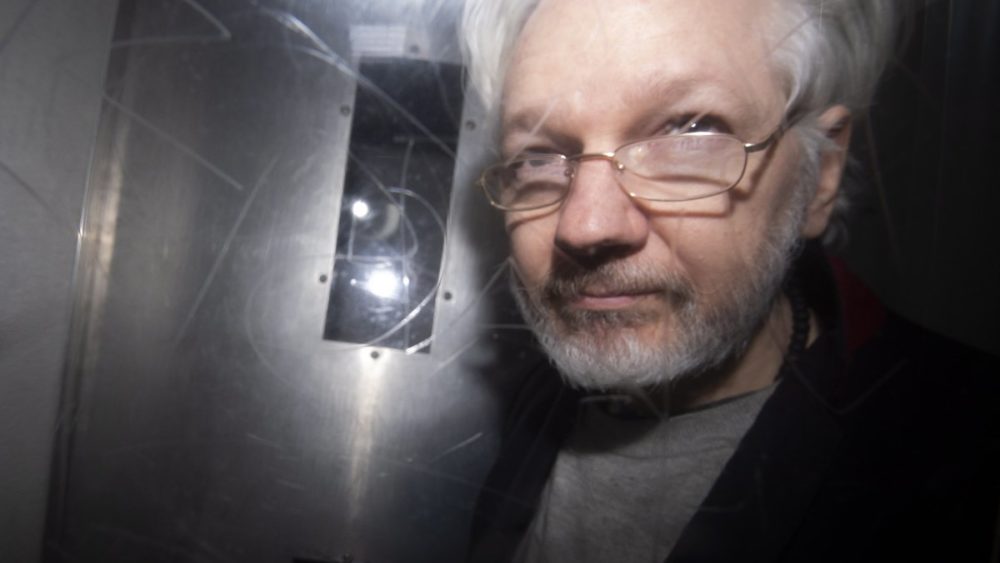The war against free press continued from a London courtroom yesterday.
A hearing was held in the case against Wikileaks founder Julian Assange allowing the prosecution, led by the US government, a chance to enter new indictments released in June against Assange and strengthen their bid for extradition from the United Kingdom.
A growing case against Wikileaks and whistleblowing.
The current US case against Assange has grown in size since it was revealed in 2019.
The current charges against the Wikileaks founder focus on computer hacking and, most concerning to free press advocates, violating the Espionage Act.
Developed in World War I to discourage spying, the Espionage Act applied in the case against Assange focuses on the “criminality” of publishing state secrets. Wikileaks, a whistleblower organization, has published classified documents from governments around the world, most notably a video of US soldiers in Iraq killing two Reuters journalists.
The Obama administration, who charged more under the Espionage Act than all predecessors combined, examined the legality of a case against the Wikileaks founder. Their pursuit was abandoned after failing to find a distinction between Wikileaks publications and reporting from newspapers like The New York Times.
Conflating hacking and journalism.
The Trump administration has coupled the Espionage Act indictment with two computer hacking charges.
The former hacking charge alleges Assange “conspired” with US Army intelligence officer Bradley (now Chelsea) Manning to hack – rather than receive leaked documents from – a US government computer. The second hacking charge, part of the recent indictment released in June, alleges Wikileaks worked with fellow hacking groups LulzSec and Anonymous to obtain classified US documents.
Wikileaks editor-in-chief Kristinn Hrafnsson noted in a statement yesterday these new indictments are a “third try” by US prosecutors after being “unable to build a coherent and credible case” with the previous charges.
The show trial of the century.
The US case against Assange seems designed to work against the Wikileaks founder.
The defense claims the Wikileaks founder has been denied access to his legal team in over 17 weeks. This is compounded by allegations that Assange was “stripped naked and had legal documents taken from him.”
There’s further speculation about the fairness of the trial after it was revealed the husband of the judge, Vanessa Baraitser, has connections to corporations exposed by Wikileaks, and that US prosecutors are relying on evidence from a deemed “psychopathic” FBI informant who infiltrated the whistleblowing organization.
Unfit to stand trial.
The health of Assange is another ongoing challenge to a fair trial.
There have been long concerns about the ‘psychological torture’ of his imprisonment, but also the scant protection from COVID-19 in Belmarsh Prison. Many of Belmarsh Prison’s staff members have asked for medical leave during the pandemic.
The defense team urged bail — later denied — after Assange developed a lung condition and a COVID-19 outbreak was reported in Belmarsh.
Standing up for Press Freedom.
DiEM25 stands in solidarity with Assange and asks you to join us in doing so. It is exactly those deemed controversial by elite circles and the extreme Center that we must protect. If they make an example out of Assange, other journalists and thinkers will be next.
The war on whistleblowers is also threatening labor advocates like Chris Smalls, who stood up to Amazon. Whistleblowers are more necessary than ever in a time of private sector takeover.
Without information about what governments do in our names, we cannot have functioning democracies. In order for another (post) pandemic world to be possible, we need radical thinkers and rigorous journalists that will hold the powerful to account.
Do you want to be informed of DiEM25's actions? Sign up here















